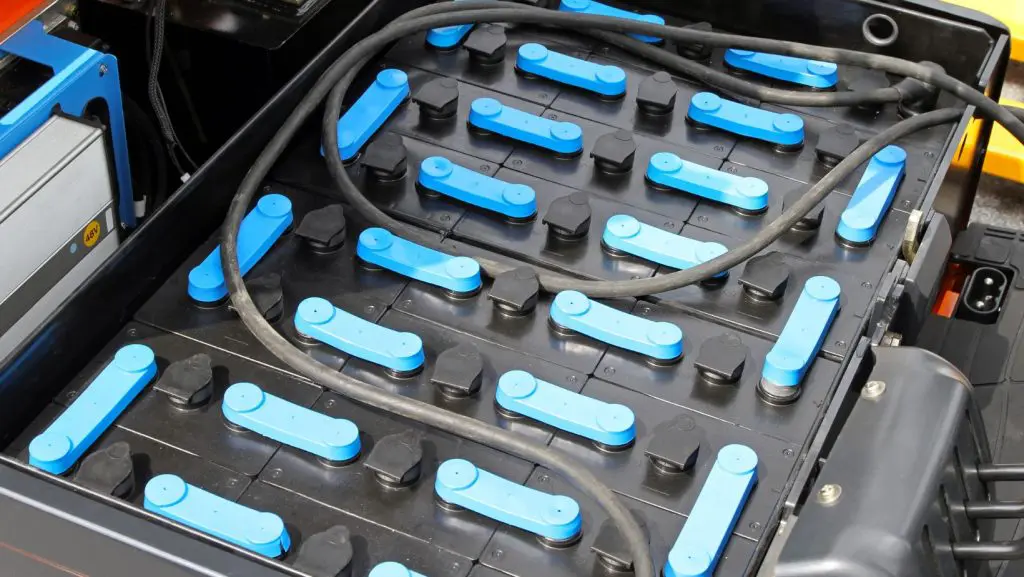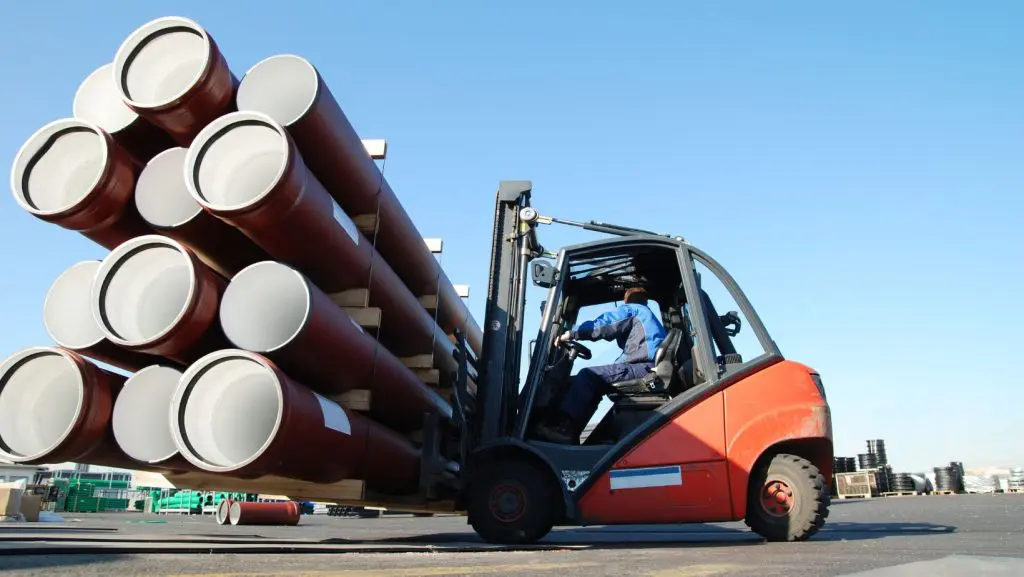Health and safety are crucial in any business, but they are even more vital in workplaces that handle machinery and equipment. In this guide, you can find our warehouse health and safety checklist to help guide you through exactly what tasks need to be completed to ensure your workplace puts the safety of your employees first and complies with various health and safety regulations.
- What is Warehouse Safety?
- Why Health and Safety in a Warehouse Matters
- Key Health and Safety Regulations
- The Most Common Warehouse Injuries and Safety Risks
- Steps to Ensure Warehouse Safety
- Our Warehouse Health and Safety Checklist
- Ensure Your Staff are Trained in Health and Safety with HL Training
What is Warehouse Safety?
Warehouse safety is crucial for protecting workers and maintaining efficient operations. Several key practices must be followed, including training for all employees on general health and safety, equipment usage and safety protocols, and conducting risk assessments to analyse a workplace’s safety. Health and safety also includes supplying personal protective equipment, such as hard hats and high-visibility vests.
Why Health and Safety in a Warehouse Matters
Working in a warehouse comes with many risks, some of which can cause serious harm. From 2023 to 2024, the UK reported 25 fatalities in the workplace caused by being struck by a moving vehicle and a further eight fatalities involving contact with moving machinery.
A business was fined over £320,000 in 2024 for the death of an employee back in 2020. The company did not comply with health and safety regulations, and as a result, an employee died due to a faulty attachment on a forklift. This case emphasises the need for regular health and safety checks to identify risks promptly and reduce injury and fatalities.
Complying with health and safety regulations also ensures you:
- Avoid hefty fines and prosecution
- Minimise the amount of lost time due to injury
- Promote a positive working environment
Key Health and Safety Regulations
There are several health and safety regulations you must follow in the UK. These are the key regulations you must be aware of and what health and safety measures they highlight:
- Health and Safety at Work Act 1974: This regulation applies to all businesses, regardless of their sector.
- Management of Health and Safety at Work Regulations 1999: Employers must carry out risk assessments and implement control measures to uphold health and safety measures.
- Work at Height Regulations 2005: Employees should only work at heights when necessary, and measures must be in place to prevent falls.
- Control of Substances Hazardous to Health Regulations 2002: This regulation requires employers to assess the risks of working with hazardous substances and implement measures to control exposure.
- Provision and Use of Work Equipment Regulations 1998 (PUWER): Employers must ensure all work equipment is safe and properly maintained to protect workers.
The Most Common Warehouse Injuries and Safety Risks
Warehouses can be full of risks, given the types of machinery that may be used and the tasks employees must carry out. Here are some of the main risks you should be aware of in a warehouse:
- Manual Handling Injuries
- Slips, Trips and Falls
- Vehicle-Related Hazards
- Collisions with Storage Racking, Goods or Equipment
- Working at a Height
- Fire and Explosions
- Exposure to Chemical and Hazardous Substances
- Noise Exposure
- Electrical Hazards
Steps to Ensure Warehouse Safety
To create a safe working environment and comply with health and safety regulations, here is a step-by-step of the tasks you must complete to ensure all risks are identified and safety measures are implemented.
1. Conduct Thorough Risk Assessments
While it is only a legal requirement to conduct a risk assessment if your business has five or more staff members, we recommend you still identify all risks to ensure the safety of your workforce, no matter how small it may be. To ensure all risks are identified, you should cover all areas, including machinery, substances and work processes, and evaluate the risks. You should then record and review these risks regularly.
2. Inspect and Maintain the Facility
Preventative maintenance is key to identifying new risks and keeping the warehouse in good condition. By blocking regular warehouse inspections, you can identify new hazards, run-down equipment and other health and safety risks, such as blocked fire exits. All inspections should be recorded to keep a paper trail of your health and safety management efforts.
3. Provide Training and Supervision Where Necessary
All employees should be trained in general health and safety and job-specific tasks. This includes manual handling, fire safety and prevention, operating equipment, handling hazardous substances, working at height, and forklift operation.
4. Document Procedures
Any hazardous tasks should have complementary step-by-step guides on how to perform them following health and safety procedures. Some examples of hazardous tasks include working with dangerous substances and working at heights.
5. Provide Suitable Personal Protective Equipment
Health and safety isn’t just about ensuring procedures are followed but also making sure the correct equipment is supplied to employees to carry out their roles safely. This means employers must provide suitable personal protective equipment, including eye protection, hearing protection, steel-capped footwear and hi-vis jackets.
6. Report All Incidents
If any accidents are to occur, you must record them following your business’s incident reporting procedure. All injuries, safety observations and new perceived risks must be recorded. You should also implement new safety measures accordingly and conduct post-incident analysis to reduce the risk of the same incident occurring again.
7. Practice Emergency Protocols
All workplaces must have emergency procedures in place to ensure a quick response to a fire, chemical spill, injury or any other emergency. You are also advised to conduct drills to ensure all staff understand the procedures and are aware of their responsibilities in the event of an emergency.
Our Warehouse Health and Safety Checklist
[We could look at creating an infographic to go here]
Ensure Your Staff are Trained in Health and Safety with HL Training
Training is one of the best ways to ensure health and safety regulations compliance. At HL Training, we pride ourselves on providing high-quality training in forklift operation, first aid, and other health and safety courses to ensure your staff can handle any situation calmly and safely. Book a training course with us today to protect your staff from avoidable harm!
FAQs
Is it illegal to leave keys in a forklift?
Never leave keys in an unattended forklift. It’s illegal and unsafe, and it violates health and safety regulations. Anyone could operate the forklift without proper training, increasing the risk of accidents and injuries.
Remember: Always remove keys when leaving a forklift unattended. This simple step helps prevent unauthorised use and keeps everyone safer.
What are the general safety rules for a warehouse?
To comply with health and safety regulations, you should ensure you abide by the following rules:
- Conduct Risk Assessments
- Inspect and Maintain the Facility
- Provide Training and Supervision
- Document Procedures
- Provide Suitable Personal Protective Equipment
- Report All Incidents
- Practice Emergency Protocols
What is the biggest safety issue in a warehouse?
Warehouses can have many safety hazards, so it is crucial you understand them and how to avoid them. The main risks in a warehouse include manual handling injuries, slips, falls, and trips, vehicle-related hazards, and working at a height.
Related Articles
Are Forklifts Dangerous? Most Common Accidents Explained







